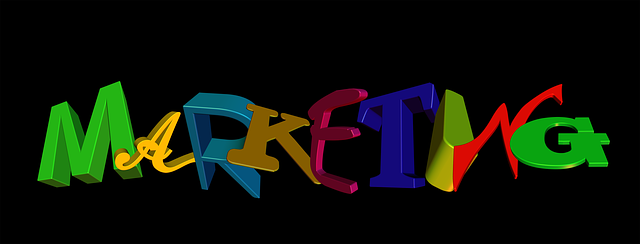AI governance frameworks are crucial for businesses leveraging AI technologies, particularly OpenTable's AI chatbot integrations, to maximize benefits while mitigating risks. These frameworks provide structured management, address ethical concerns, and safeguard data privacy. By implementing clear policies, role definitions, and regular audits, companies ensure regulatory compliance, build customer trust, and harness AI advantages like automated reservations, personalized recommendations, and discovery of new eateries. Robust AI governance practices are essential for AI chatbot integration, focusing on data handling guidelines, algorithmic transparency, rigorous testing, regular audits, and continuous learning to maintain ethical standards and foster public trust.
“Unleash the power of AI while navigating business AI governance frameworks. In today’s digital landscape, understanding and implementing robust governance structures is crucial. This article provides a comprehensive guide to help businesses thrive with AI. We explore ‘Understanding AI Governance Frameworks for Businesses’ and delve into the transformative impact of AI chatbot integrations with OpenTable. Additionally, discover ‘Implementing Best Practices’ to ensure effective AI management.”
- Understanding AI Governance Frameworks for Businesses
- The Role of AI Chatbot Integrations with OpenTable
- Implementing Best Practices for Effective AI Governance
Understanding AI Governance Frameworks for Businesses

AI governance frameworks are essential tools for businesses looking to harness the power of artificial intelligence while mitigating risks. These frameworks provide a structured approach to governing AI systems, ensuring ethical and responsible use. For instance, companies like OpenTable have integrated AI chatbots to enhance customer service, but they need robust governance to manage data privacy concerns, prevent bias in algorithms, and ensure transparency in decision-making processes powered by AI.
By implementing effective AI governance frameworks, businesses can maintain compliance with regulations, build trust among customers, and leverage the benefits of AI while avoiding potential pitfalls. This includes establishing clear policies for data collection, storage, and usage; defining roles and responsibilities for AI development and deployment; and regularly auditing AI systems to identify and rectify any issues that arise.
The Role of AI Chatbot Integrations with OpenTable

AI chatbots are transforming the way businesses interact with customers, and their integration with platforms like OpenTable is a prime example. By leveraging AI chatbot integrations with OpenTable, restaurants can enhance their customer service by providing instant responses to common queries such as availability, reservations, and menu information. This not only improves customer satisfaction but also reduces the workload on staff, allowing them to focus on more complex tasks.
Furthermore, these AI chatbots can personalize interactions based on user history and preferences, offering tailored recommendations and special offers. This level of customization creates a unique dining experience for customers and encourages repeat visits. With OpenTable’s vast database of restaurant information, AI chatbots can also assist users in discovering new eateries that match their specific tastes and needs, fostering a more dynamic and engaging food culture.
Implementing Best Practices for Effective AI Governance

Implementing best practices for effective AI governance is crucial in navigating the complex landscape of artificial intelligence, especially as businesses integrate AI chatbots like those powered by OpenTable. A robust framework ensures that AI systems are developed and deployed ethically, securely, and responsibly. This includes establishing clear guidelines for data collection and usage, ensuring transparency in algorithmic decision-making, and implementing rigorous testing protocols to mitigate potential biases or inaccuracies.
Key practices involve regular audits of AI models and chatbots to ensure they adhere to predefined ethical standards and regulatory requirements. Moreover, fostering a culture of continuous learning and improvement helps organizations stay abreast of emerging trends and best practices. By integrating these measures, businesses can harness the full potential of AI while maintaining public trust and ensuring long-term sustainability in their operations, particularly when employing AI chatbot integrations with platforms like OpenTable.
AI governance frameworks are essential for businesses aiming to harness the potential of artificial intelligence while mitigating risks. By understanding and implementing best practices, companies can ensure ethical and efficient use of AI technologies, such as AI chatbot integrations with OpenTable, fostering a sustainable and responsible digital future.
